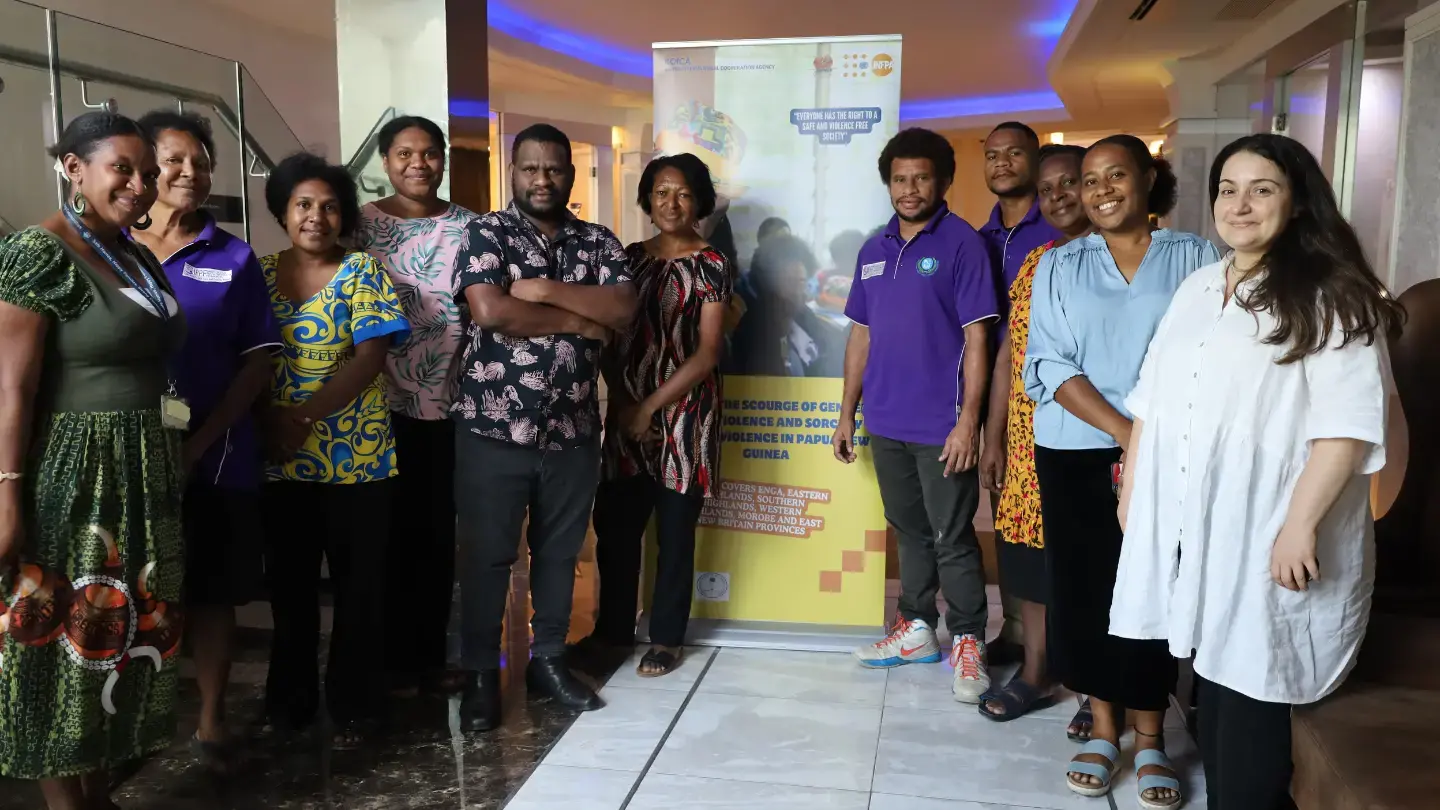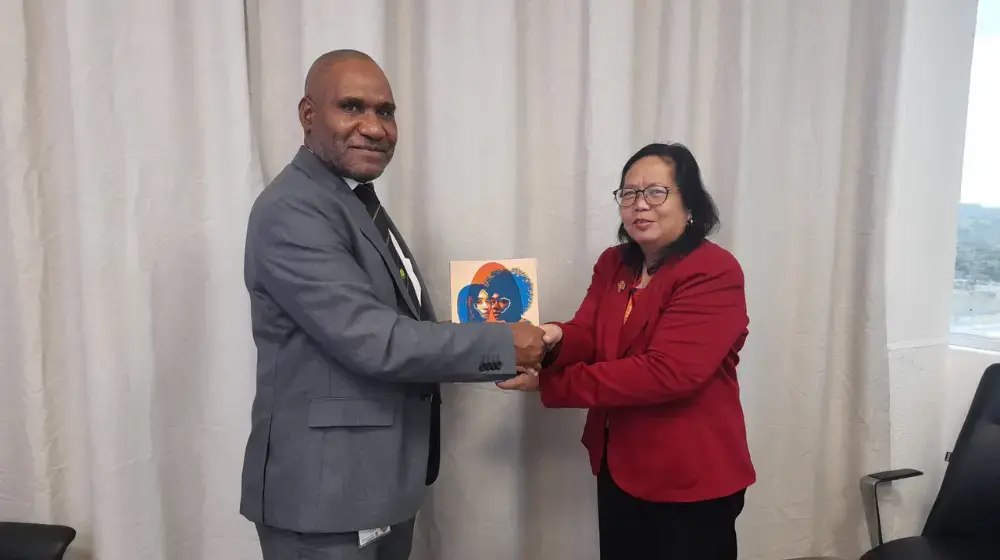“Teenage pregnancies are on the rise in the Eastern Highlands because the family planning coverage is really low,” shared Sr. Anna Pongua, Family Planning Coordinator of the Eastern Highlands Provincial Health Authority’s Family Planning Center.
“The Center has aimed for at least 25% coverage among women in the province, but we have only 8% of women accessing family planning methods in the last year.”
The main reason for this unmet need for family planning is the stigma that comes along with it. According to Sr. Anna, young people especially believe the narrative that family planning is only for married couples or people with children.
Sr Anna shared that another reason for the low uptake of family planning is that husbands are stopping their wives from using birth control because of the misconception that it encourages promiscuity in marriages. Combating these misconceptions around contraception is critical to increasing uptake and reducing maternal injury and death.
“Information is power,” said Sr Anna. “People do not know important information about family planning. That is why they do not try to access it.”
According to the United Nations Population Fund State of the World Midwifery Report, PNG has one of the highest maternal mortality rates in the world. A significant contributing factor is the unmet need for family planning and contraceptives, which leaves women vulnerable to unplanned pregnancies and having pregnancies too close together, which increases the risk of complications.
UNFPA Supplies provides family planning commodities, including condoms, oral contraceptive pills, implants, injectables, and IUDs, and training for health care in supply chain management to ensure that a full range of contraceptive choices are available to women in PNG.
“I would like to acknowledge the quality of the family planning commodities procured through the UNFPA. Without the support of UNFPA, we would not be able to administer safe and high-quality family planning services.”
“In a month, the center has almost 200 women coming in to receive implants,” said Sr Anna. “Most women in the province prefer implants.”
Sr. Anna shared her concern that there remains a need for an in-depth assessment to identify the gaps in the access to family planning commodities in the province. There are currently 36 operating Family Planning Centers in the province and there is a need for more family planning commodities to ensure these centres can meet the needs of their communities.
“After we assess the gaps, we will be better able to know what is wrong and the best ways to address these gaps in family planning, understand the barriers surrounding family planning, and improve the access to it.”
Sr. Anna also acknowledged the three trainings on family planning facilitated by UNFPA PNG for their team in the province between 2018 and 2019.
“We thank UNFPA for its continued support this year and we hope to change the statistics on family planning use in Eastern Highlands.”
About UNFPA and Family Planning:
UNFPA works to support family planning by: ensuring a steady, reliable supply of quality contraceptives; strengthening national health systems; advocating for policies supportive of family planning; and gathering data to support this work. Access to safe, voluntary family planning is a human right. Family planning is central to gender equality and women’s empowerment, and it is a key factor in reducing poverty. Yet in developing regions, an estimated 257 million women who want to avoid pregnancy are not using safe and effective family planning methods, for reasons ranging from lack of access to information or services to lack of support from their partners or communities. This threatens their ability to build a better future for themselves, their families and their communities.





